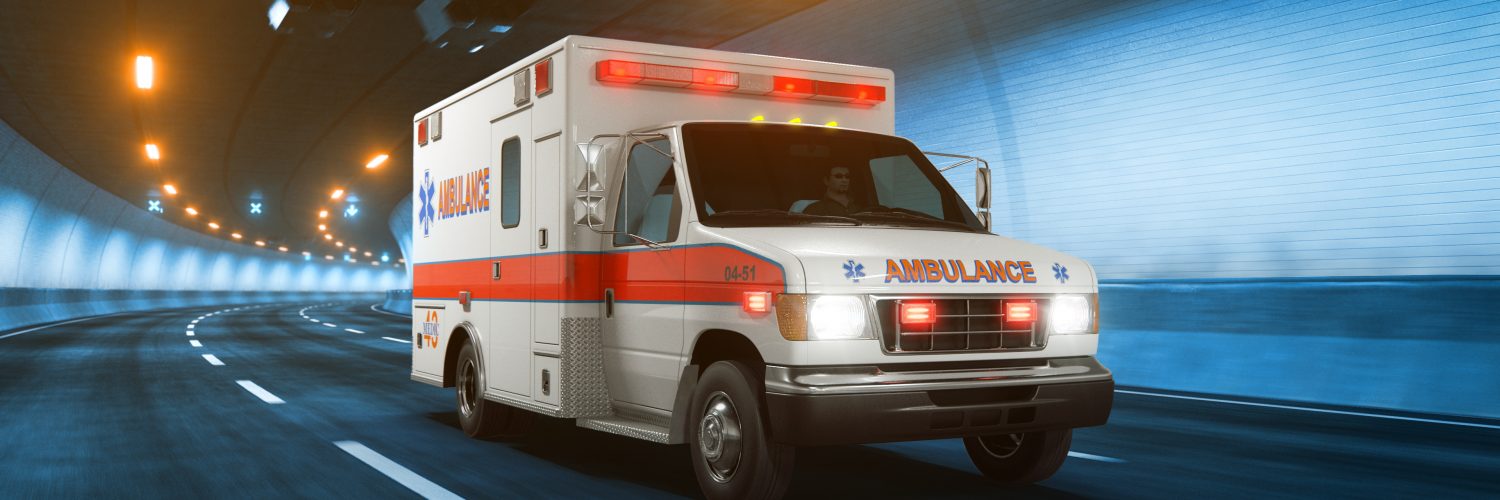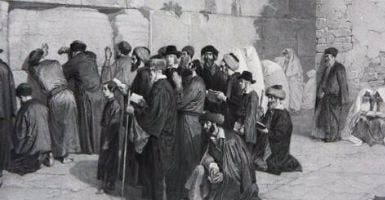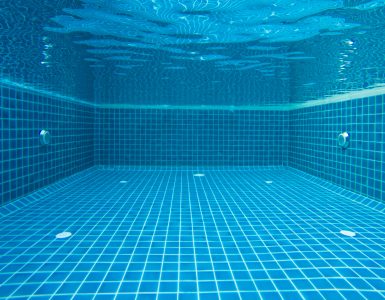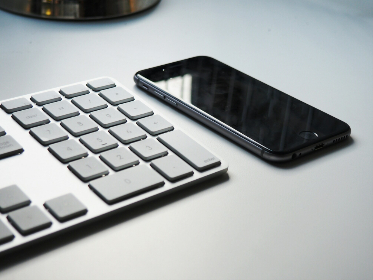In any case of Sakanas Nefashos, transporting a patient to the hospital on Shabbos is permissible. The decision to do so must often be made by a family member who does not have medical training and, in many cases, cannot be delayed until a professional can arrive. The Halacha is clear in this case: if a patient appears to be in danger to those around him, Shabbos must be desecrated to summon help.
If the patient was not in urgent need of medical attention, the person who desecrated Shabbos on his behalf has done nothing wrong; on the contrary, he will be rewarded for his act. [However, if based on the patient’s symptoms or experience with the patient, it is evident that the situation is not critical, and a Posek would likely rule that it does not constitute Pikuach Nefesh, one should clarify whether there is a concern of Pikuach Nefesh before desecrating Shabbos.]
It is important to point out that certain symptoms that would not be a cause for concern among regular adults are a Sakana when they present in the elderly or children. Additionally, if an elderly patient has other underlying conditions (such as diabetes or pressure sores), certain symptoms may warrant immediate medical assessment or treatment.
For this reason, the family and close friends of an elderly person should keep a careful eye on his health and be aware of the symptoms that indicate that his life is in danger. If these symptoms present, they must take him for medical care immediately, even on Shabbos (and one who acts quickly is praiseworthy.)
Notwithstanding the above, one is obligated to minimize Chillul Shabbos if the situation is not critical and a delay will not cause a Sakana. For example, if one needs to call a taxi or ambulance and a slight delay will not lead to Sakana, and a non-Jew is available, it is better to ask him to make the call. If a non-Jew is not immediately available, one should employ a Shinui (e.g. press the phone buttons with a toothpick or key). Likewise, when driving to the hospital – it is best to have a non-Jew turn off the car and lock it. If not, one should utilize a Shinui.
If there is no significant difference in the quality of care among the local hospitals, one should travel to the closest hospital. However, if a more distant hospital can provide a higher level of care, or the patient feels that he would receive better treatment there, he may travel the farther distance. In many cases, it is permissible for someone to accompany the patient in an ambulance or taxi.
A frequently raised question pertains to residential facilities. If it becomes necessary on Shabbos to take an elderly resident to the hospital, may a relative be called? (Relatives should ideally inform the facilities that they do not want to be contacted on Shabbos unless it is a situation of Pikuach Nefesh.) If several conditions are fulfilled it is permissible:
- The presence of the family member (or trusted friend) will ensure that the patient receives better treatment (for example, they would be able to provide the medical team with important information or request that a specialist evaluate and treat the patient). They may travel with the patient or travel independently to the hospital, even if it will be necessary to perform Melachos d’Oraisa (see Shemiras Shabbos Kehilchasa 40:82 and Shevet haLevi 8:65). This is particularly important in the case of the elderly since they may not receive aggressive care if there are not advocates present to speak on their behalf. Rav Nissim Karelitz zt”l (Chut Shani 4, p242-3) adds that family members are often needed to make critical decisions about the patient’s treatment aside from the fact that their presence alone induces the medical team to provide better care. The Nishmas Avraham (Mahdura Basra 1, p236) cites Rav Yehoshua Neuwirth zt”l as ruling similarly. See also Orchos Shabbos 20:28.
- If the patient is frightened or is concerned that he will not be treated well and the presence of a family member will calm his concerns, someone may desecrate Shabbos to accompany him even if this will not affect the level of care.
See the Biur Halacha (278 s.v. “l’Chabos”) who asserts that the principle of “Yesuvei Da’ata” (peace of mind) applies to all Cholim and warrants Chillul Shabbos. The Poskim clearly state that the presence of family members causes Yesuvei Da’ata – see Kovetz Igros Chazon Ish (1:141), Igros Moshe (O.C. 1:132), Shemiras Shabbos Kehilchasa (40:82 & 32:26), and Chut Shani (4, p244). One may desecrate Shabbos even if the patient does not request that his family members attend to him (Shemiras Shabbos Kehilchasa ibid. See Orchos Shabbos 20, footnote 32.)
- If the patient is not concerned about the quality of the medical treatment if he is alone, but still wants his family members to come, they should not violate Issurim d’Oraisa to do so (Shemiras Shabbos Kehilchasa 32:25 and 38:3; see also Shevet haLevi ibid.) The Shemiras Shabbos Kehilchasa notes (38, footnote 21) that according to the Har Tzvi (Y.D. 293), it would be permissible for a Jew to be driven by a non-Jew.
- If a patient is likely to become delirious and the presence of his family members will lower that likelihood, HaGaon Rav Asher Weiss Shlit”a ruled that it is permissible to ask a non-Jew to contact family members.
- If physicians believe that failing to comply with the patient’s requests is likely to agitate him and lead to further deterioration and danger, even a Jew may call the family members. (This is also true when the patient does not ask for his family members, but his physicians believe that remaining alone will endanger him.)
If the medical staff determines that a patient does not need hospitalization or they discharge a patient on Shabbos, the following Halachos apply:
If the patient is still considered a Choleh (though not a Choleh sheYesh Bo Sakana) and will not receive all that he needs if he remains in the hospital until the end of Shabbos, he may return home with a non-Jewish driver if his house is within Techum Shabbos. The driver can also transport the patient’s belongings, including Muktza items. A family member may also accompany the patient if he needs him.
If the patient is no longer considered a Choleh, he may not enlist a non-Jew to drive him home. However, if this will mean that he must remain in the hospital for a prolonged period (such as if the first day of Rosh Hashana falls on Thursday and he is released on that day), which will put him at risk of infections from other patients, he may be driven home by a non-Jew.[1]
In the case of a dementia patient who is discharged from the hospital on Shabbos and unable to walk home, and staying until the end of Shabbos would deprive him of necessary care, one may ask a non-Jew to transport him home if it is within the Techum. However, if there is no non-Jew available or if the patient’s home is outside the Techum, it is advisable to consult a Posek to determine whether the potential risk of extreme agitation for the patient justifies Chillul Shabbos.
[1] [Editor’s note: Due to the complexity of the many scenarios that may arise, including not being allowed to stay in the hospital or emergency department after discharge, obtaining food and drink, etc., these are only general principles. A Posek must be consulted for specific rulings, and individuals who may find themselves in such a situation should discuss these with their Rav or Posek in advance.]















Add comment